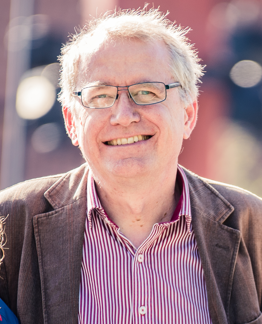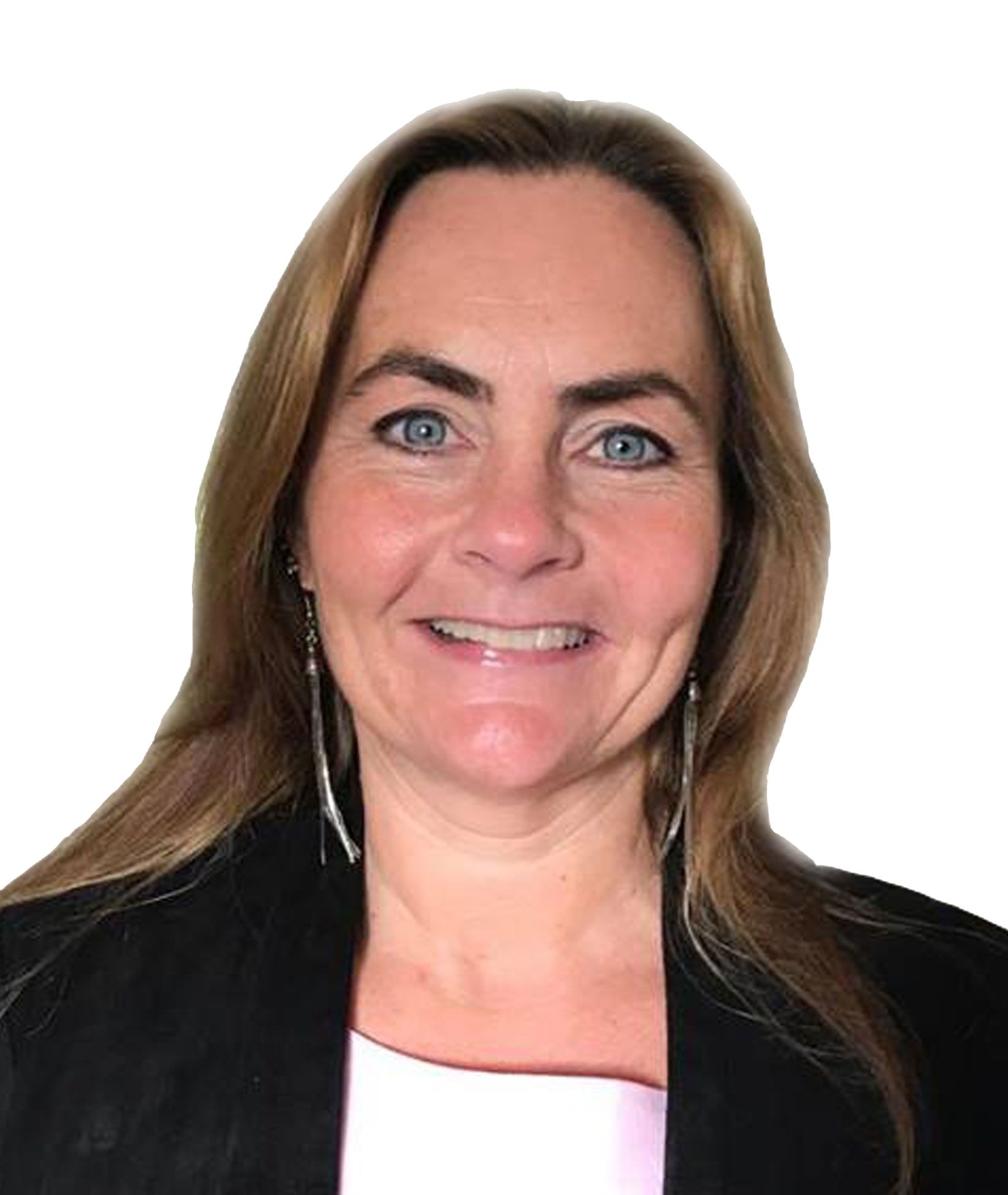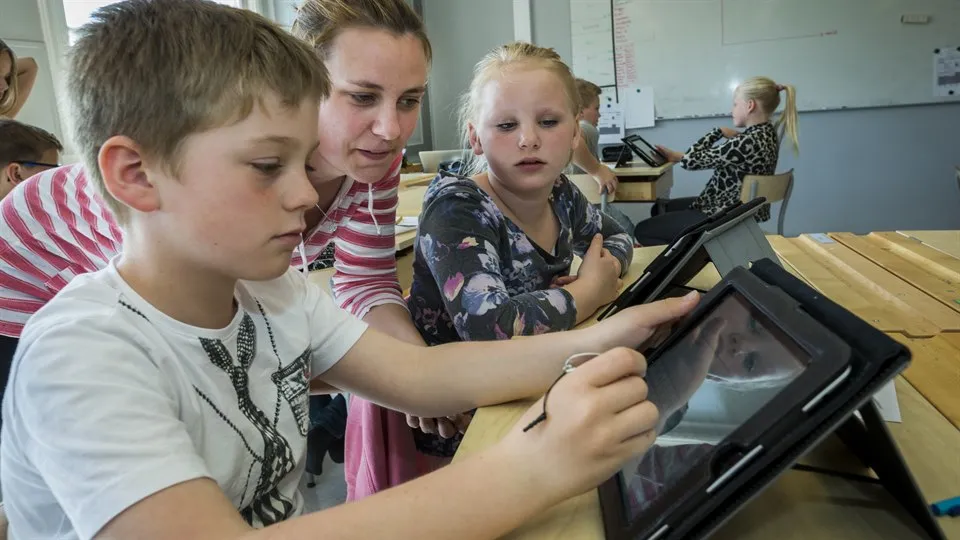Leading in the country in research on how students best learn maths and science
The Swedish Institute for Educational Research has funded eight research projects out of 97 applications, two of which are at Mid Sweden University. The focus is on increasing pupils' interest in science subjects and improving math teaching.
In one of the projects at Mid Sweden University, where Magnus Oskarsson is the project manager, the aim is to develop teaching in science by including students' experiences and the surrounding society to a greater extent.
– Students' interest and commitment to science subjects needs to be strengthened. In our previous studies, we see that pupils in primary school appreciate the science subjects and think that they learn a lot. In secondary school, on the other hand, many students think that physics and chemistry in particular are difficult and boring, says Magnus Oskarsson, associate professor of science education at Mid Sweden University.

Magnus Oskarsson, Associate Professor in Science Education at Mid Sweden University.
These subjects are also, together with mathematics, the subjects where most students do not get passing grades in year 9. This means that grades 4-6 become an important bridge between the concrete science the younger students encounter with the more theoretical science in secondary school. In the project, the researchers will follow a school for three years to develop teaching together with the teachers, especially during middle school.
Research for high-achieving students
The second project at Mid Sweden University that has been awarded a grant aims to clarify how mathematical problems can be designed to support high-achieving students' development in mathematics.
– There is a need to understand more about how mathematics tasks can be designed and modified to benefit all students' mathematical knowledge development. In particular, there is a need for more knowledge about which specific characteristics in the design of assignments affect students' learning in mathematics, says Helena Johansson, associate professor of mathematics education at Mid Sweden University.
Creating tasks that are challenging for the high-achieving students can be complex. It is easy for even "difficult" tasks to be reduced to routine tasks. According to the Swedish Schools Inspectorate, Swedish schools are failing to offer high-achieving students challenging tasks.
– These students are particularly relevant to focus on in order to deepen our knowledge of how mathematical problems can be designed to benefit students' knowledge development, says Helena Johansson.

Helena Johansson, Associate Professor of Mathematics Education at Mid Sweden University.
The project uses a method where researchers and teachers collaborate to create and test mathematical problems with high-achieving students in secondary school, by repeating the process several times, the problems can be adapted and improved step by step.
The contribution of research to society
The goal of Helena Johansson's project is to develop guidelines for how certain properties of mathematical problems can help students develop specific mathematical abilities. This knowledge is expected to be an important support for teachers in their planning work with how tasks and activities should be designed in relation to specific learning outcomes.
Magnus Oskarsson hopes that his project will contribute to developing teaching that can raise interest in science and strengthen students' self-confidence and commitment to important societal issues such as climate, energy and pandemics.
– It's important to get conscious members of society and people who want to work with these issues in the future, says Magnus Oskarsson.
The two projects will receive SEK 4.5 million each over a three-year period. The Swedish Institute for Educational Research's research profile requires clear anchoring and collaboration with preschools and schools, in combination with requirements for the highest scientific quality.
– We are proud that we have received this funding. We succeeded in showing that students' interest and commitment to science is an important issue. And that we are the right people to conduct this type of research, says Magnus Oskarsson.
Helena Johansson agrees:
– It's great that our project is being funded. We have shown a need for knowledge regarding mathematics teaching that is lacking in the Swedish school system, which our project group can meet.
Mid Sweden University's two projects that have been granted funding from the Swedish Institute for Educational Research
Including science education in schools with low socio economic
Project leader: Magnus Oskarsson
Mathematical problems for an enriched and differentiated teaching
Project leader: Helena Johansson
Contact

